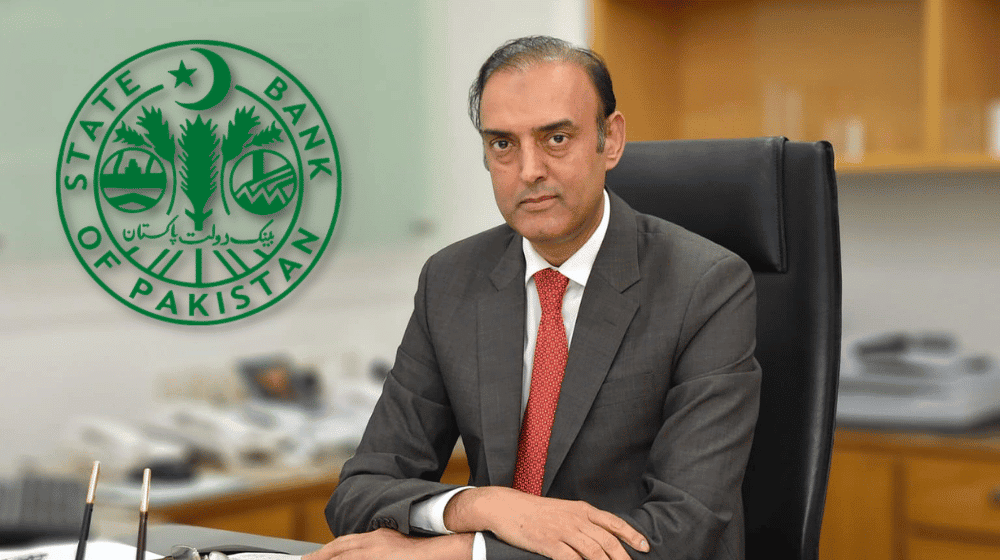PTBP Web Desk
Prime Minister Mark Carney has publicly confirmed that he apologised to US President Donald Trump over an anti-tariff political advertisement commissioned by Ontario Premier Doug Ford. The controversy has sparked a fresh wave of political and economic debate, particularly as tensions rise between Canada and the United States over new tariff policies and stalled trade talks.
Carney, addressing reporters after attending the Asia-Pacific Economic Cooperation (APEC) Summit in South Korea, said the apology was made privately to Trump during a dinner hosted by South Korean President Yoon Suk-yeol earlier in the week. “I did apologise to the president,” Carney said, validating Trump’s earlier remarks about their exchange.
The political advertisement in question was commissioned by Ontario Premier Doug Ford, an outspoken Conservative leader who is often compared to Trump for his populist style and political rhetoric. The ad featured a snippet of former US President Ronald Reagan, warning that tariffs could trigger trade wars and lead to economic disasters.
Carney disclosed that he had reviewed the ad before its release but had firmly opposed broadcasting it. “I told Ford I did not want to go forward with the ad,” he clarified. Despite his objections, Ford proceeded with airing the advertisement, intensifying tensions between Ottawa and Washington.
The ad’s message appeared to criticise the US administration’s tariff strategy, implying that protectionist policies would harm both economies. In retaliation, Trump announced higher tariffs on Canadian goods and instructed his administration to halt ongoing trade talks with Canada.
Following the controversy, Trump acknowledged that he had a “very nice” conversation with Carney during the South Korea dinner, but offered little detail. However, his subsequent remarks suggested lingering frustration, as he confirmed that trade negotiations between the two countries would remain suspended for now.
Trade analysts believe the dispute could have significant economic repercussions, especially for key industries such as steel, aluminum, and agriculture. The escalation comes at a time when both governments were attempting to modernize aspects of the USMCA trade agreement, which replaced NAFTA in 2020.
Observers also note that Carney’s decision to apologise reflects an effort to repair diplomatic relations and prevent further economic fallout. “This apology is less about politics and more about pragmatism
Beyond his meeting with Trump, Carney’s trip to Asia carried broader strategic importance. He revealed that his talks with Chinese President Xi Jinping on Friday represented a turning point in Canada-China relations, which have remained tense for years.
The last formal interaction between leaders of both nations occurred in 2017, when then-Prime Minister Justin Trudeau briefly met President Xi in San Francisco. Since then, bilateral relations have soured due to a series of incidents — including the detention and execution of Canadian citizens in China, and findings by Canadian intelligence agencies that Beijing interfered in at least two federal elections.
Carney said he discussed foreign interference, trade cooperation, and regional stability during his meeting with Xi. He emphasized the need to establish “a framework based on transparency and mutual respect” to prevent similar tensions in the future.
During his press briefing, Carney underlined that his broader Asia trip was part of a strategic effort to diversify Canada’s trade partnerships and reduce its economic dependence on the United States. “It can’t happen overnight, but we’re moving very fast,” he said.
This approach aligns with Carney’s long-term vision of positioning Canada as a global economic player within Asia’s expanding trade network. His administration has been seeking closer ties with Japan, South Korea, and members of the ASEAN bloc, aiming to secure new trade and investment opportunities.
The Prime Minister’s outreach to Asian economies comes at a critical time when Canada’s economic growth has slowed, and inflationary pressures continue to challenge domestic industries. Diversifying trade is seen as a buffer against economic shocks caused by US protectionism and global supply chain disruptions.
Meanwhile, Premier Doug Ford faces mounting criticism from both federal and provincial lawmakers. Critics argue that his decision to release the ad without national approval was reckless and politically motivated, risking economic stability for partisan gain.
Members of the Liberal and New Democratic parties have called for greater coordination between provincial and federal governments on issues related to foreign policy and trade communication. The controversy also highlights ongoing political divisions within Canada’s leadership over how to handle relations with Washington.
While Ford has yet to respond to Carney’s comments, sources close to his office indicated that he views the ad as a legitimate expression of concern over trade policies that he believes hurt Canadian industries.
Despite the diplomatic tension, experts say Carney’s apology marks an important step toward mending relations with Washington. The gesture may help reopen communication channels that were frozen following Trump’s announcement of new tariffs.
For Canada, the next few months will be crucial in determining whether trade discussions can resume and whether the country’s strategy to expand ties in Asia will yield tangible results.
Carney’s balancing act — maintaining relations with the United States while expanding influence in Asia — reflects the broader challenge facing modern Canadian diplomacy: protecting national economic interests in an era of unpredictable global politics.




